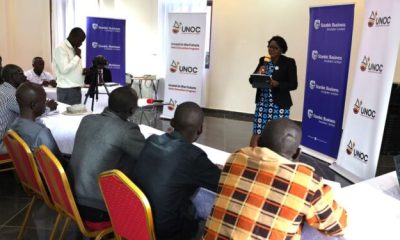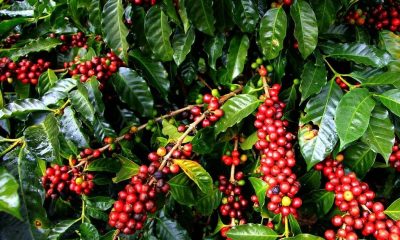Agriculture
President Museveni Advises Small Farmers on Tea Farming, Announces 300 Billion Shilling Support Package
President Yoweri Kaguta Museveni has issued guidance to small-scale farmers on tea cultivation, cautioning that crops such as tea, cotton, maize, and sugarcane require substantial land and resources to be profitable. He urged farmers to carefully evaluate land use before venturing into these commercial crops.
The President made the remarks following discussions with tea growers in Bushenyi, where he suggested that farmers explore shifting from extensive to intensive tea farming to maximise yields and profitability.
In a wide-ranging statement, Museveni outlined a comprehensive support package for the tea sector. Key interventions include:
- Financing and debt relief: Approximately UGX 300 billion will be allocated to support growers, processors, factories, and nurseries in managing debts and accessing working capital.
- Fertiliser support: The government is exploring solutions to ensure farmers have adequate access to quality fertilisers.
- Electricity and fuel support: Temporary measures, including tax-free diesel, will be provided to help farmers and factories manage operational costs.
- Quality assurance: The Ministry of Agriculture will oversee proper cultivation practices and ensure that buyers purchase high-quality tea.
- Infrastructure development: Local governments will receive UGX 2 billion to improve roads connecting tea-growing areas, facilitating transport and trade.
President Museveni emphasised the need for a strategic approach to tea farming, urging growers to balance land availability with the demands of commercial crop production. The interventions are part of broader efforts to strengthen Uganda’s agricultural productivity, value addition, and market competitiveness.
The announcement has been welcomed by stakeholders in the tea industry, who see it as a boost to financial stability, infrastructure, and overall sector growth, especially for farmers transitioning to more intensive farming methods.
With these measures, the government aims to ensure that Uganda’s tea sector remains a profitable and sustainable contributor to both rural livelihoods and national economic growth.
Comments




























